Couple Therapy Interest Group: How do you think about your approach? Integration or specialization?
  
Presenters: Mona Fishbane, Corky Becker, and David Wohlsifer
In this year's couple interest group, we will discuss the use of an integrative approach to couple therapy, vs. a more specific approach (EFT, Gottman, IFS, etc.). We invite you to share your own experience of learning or practicing one particular model of couple therapy; and/or finding ways to integrate from different models in your work. If you do use an integrative approach, we invite you to reflect on how you bring together different ideas and interventions from various schools of therapy. Is your integration intentional, or more intuitive? Do you see any difference between being integrative vs. eclectic in your work? How much do common factors impact your work?
We invite you to share your own journey of integration if you practice in an integrative way. Do you weave together ideas from various teachers you've had, workshops attended, books or articles read? How would you describe the development of your own thinking as a couple therapist, especially with regard to integration? If you prefer to use one approach, please share your preferred model and the impact it has on your practice.
As starter dough for our conversation, we co-organizers will address some of the larger questions of integration vs. loyalty to a specific model; we will share some of our stories along the path of integration as we have developed in our careers; and we will address how to navigate integration vs. specific models in a teaching context with graduate students. Please come with your own reflections, questions, and readiness to share!
Recoupling in Mid-life and Beyond: From Love at Last to Not So Fast
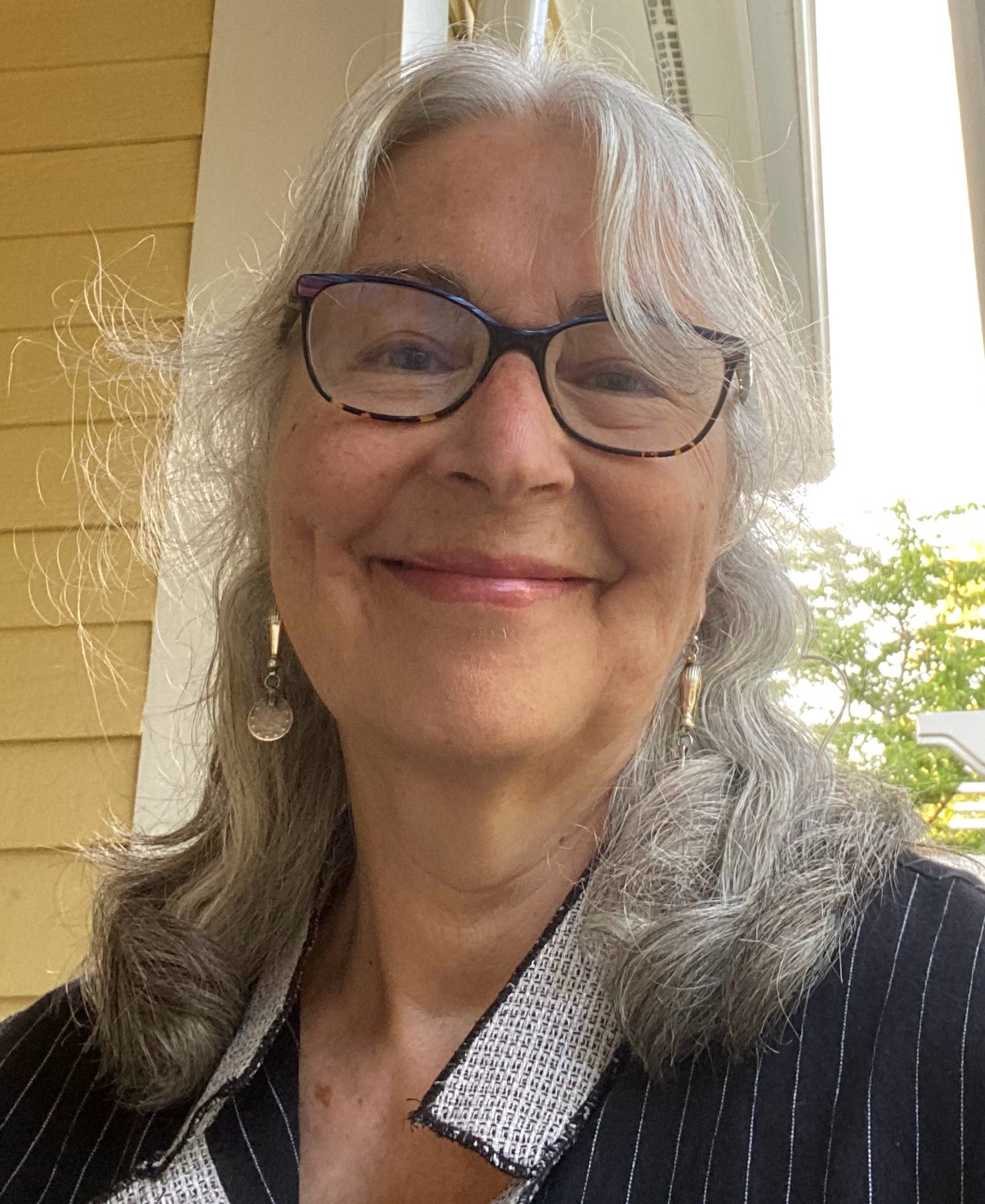
Presenter: Patricia Papernow
Stepfamilies are a fundamentally different family form that creates major challenges for all involved (including therapists). Four-plus decades of research and clinical practice tell us what works for thriving stepfamilies, and what doesn’t. Critically important, what works is often quite different from first-time families. But there’s a problem: Although 42% of Americans have a close stepfamily relationship, few clinicians receive any training in working with stepfamilies. This leaves most clinicians using their first-time family maps – a little like driving around LA with a map of Indianapolis! This SIG will share some of what we know, focusing on the growing numbers of later-life stepfamilies looking for our help. 40% of couples over 50 live in a stepfamily! The divorce rate in the US is at a 40-year low. Except over 50 where the rate has doubled. What we are now calling “grey divorce” is very often followed by grey recoupling. The fantasy is, “The dog is dead. The kids are out of the house. It’s just us.” In fact, later-life recouplers find themselves facing the same challenges as their younger counterparts, often intensified by decades of intergenerational relationships. We’ll begin with a short didactic about later-life stepfamilies, including some attention to (frequently occurring) fraught relationships between “grey” dad recouplers and their very unhappy adult daughters. We’ll share some of our own experiences and help each other with any we’re struggling with. (We may touch upon painful divisions over elder care, end-of-life decision-making and inheritance in both grey recouplers and longtime stepfamilies.)
Teaching, Training, and Supervision in Systemic-Relational Practices: The AI Turn
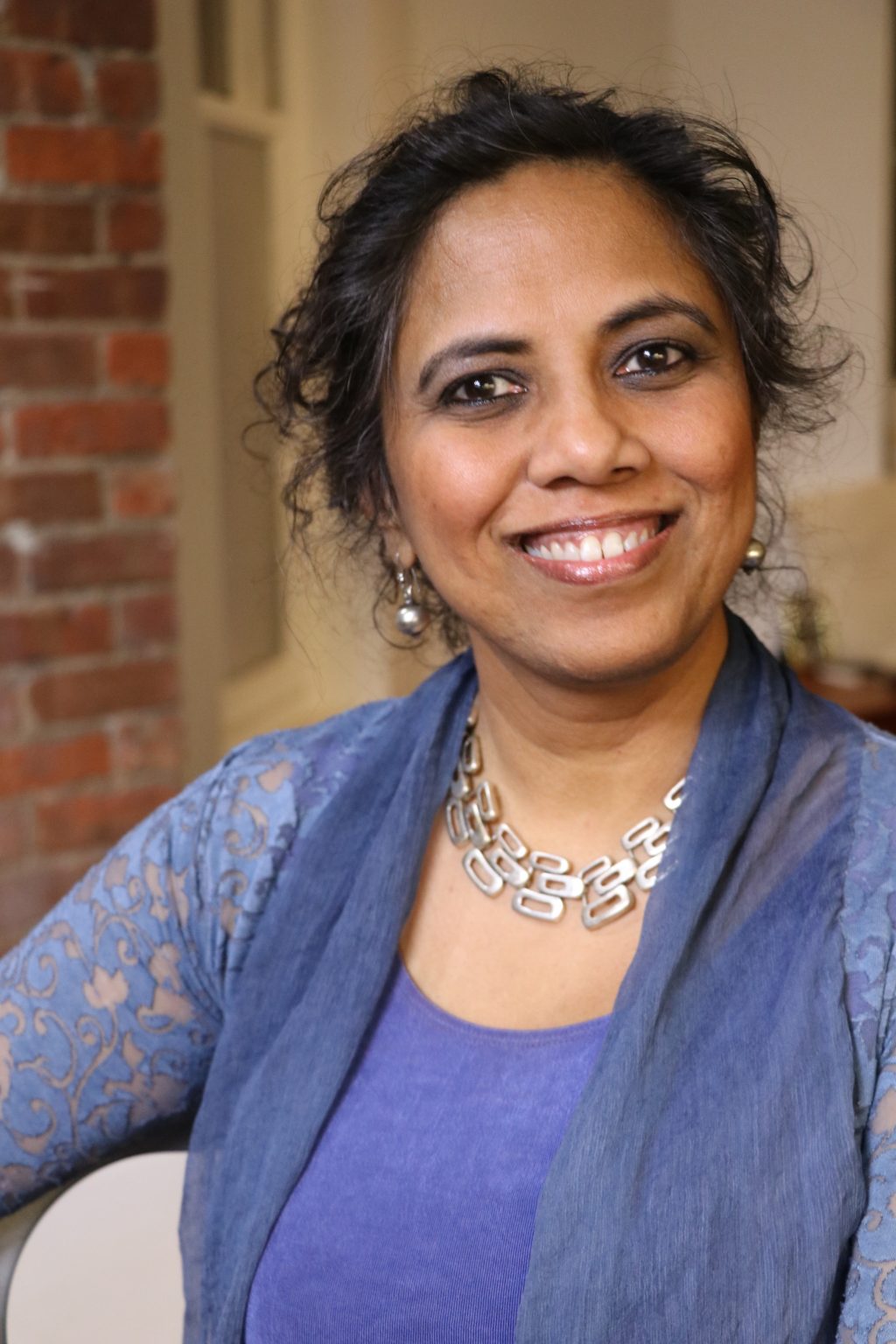
Presenter: Saliha Bava
AFTA has been a home for systemically oriented teachers and trainers who share philosophies and practices of teaching and learning as they reflect together. It’s in that spirit, that the Teaching. Training and Supervision in Systemic-Relational Practices IG is being formed. Our aim is to provide a space for us to reflect together on the challenges and possibilities for current day learning, teaching and training. We invite all voices—trainees, trainers, researchers, practitioners—as we are all learners on this relational journey of systemically engaged practices in teaching and learning. Join the conversation and shape the conversations. Every year we will take up a theme for the conference and craft ways to stay engaged, in the interim, in support of each other’s efforts.
With the recent developments in artificial intelligence (AI), particularly the release of AI-powered tools like ChatGPT, the landscape of teaching and learning for systemic trainers is rapidly evolving. These advancements have wide-ranging implications for various aspects of training and therapy, including research methods, writing techniques, teaching strategies, development of training materials and processes, and therapy practices and delivery. Let’s meet-up to discuss how we are framing and responding to both challenges and opportunities of this AI-turn in teaching/training/ supervision. Experimenting with AI in real time, we will explore the following questions.
-
What potential effects of AI on families and communities should we anticipate, so that we can adequately equip our students to address them?
-
Given the multiple contexts and the rapid developments in AI-informed practices that are impacting pedagogy, practice, and training, how can we, as teachers/trainers adopt an intersectional perspective that accounts for the complex relationships between various social identities, power structures, and AI-influenced environments?
-
How can we prepare trainees to be digitally literate and bring forth a critical gaze to AI-informed practices as it shapes the nature of therapeutic engagement (beyond teletherapy services)?
-
As AI continues to influence various parts of our lives, what new forms might systemic practice take in the next five years beyond private practice and community clinics, and how can we guide future MFTs to explore these emerging career options?
Living in Recovery
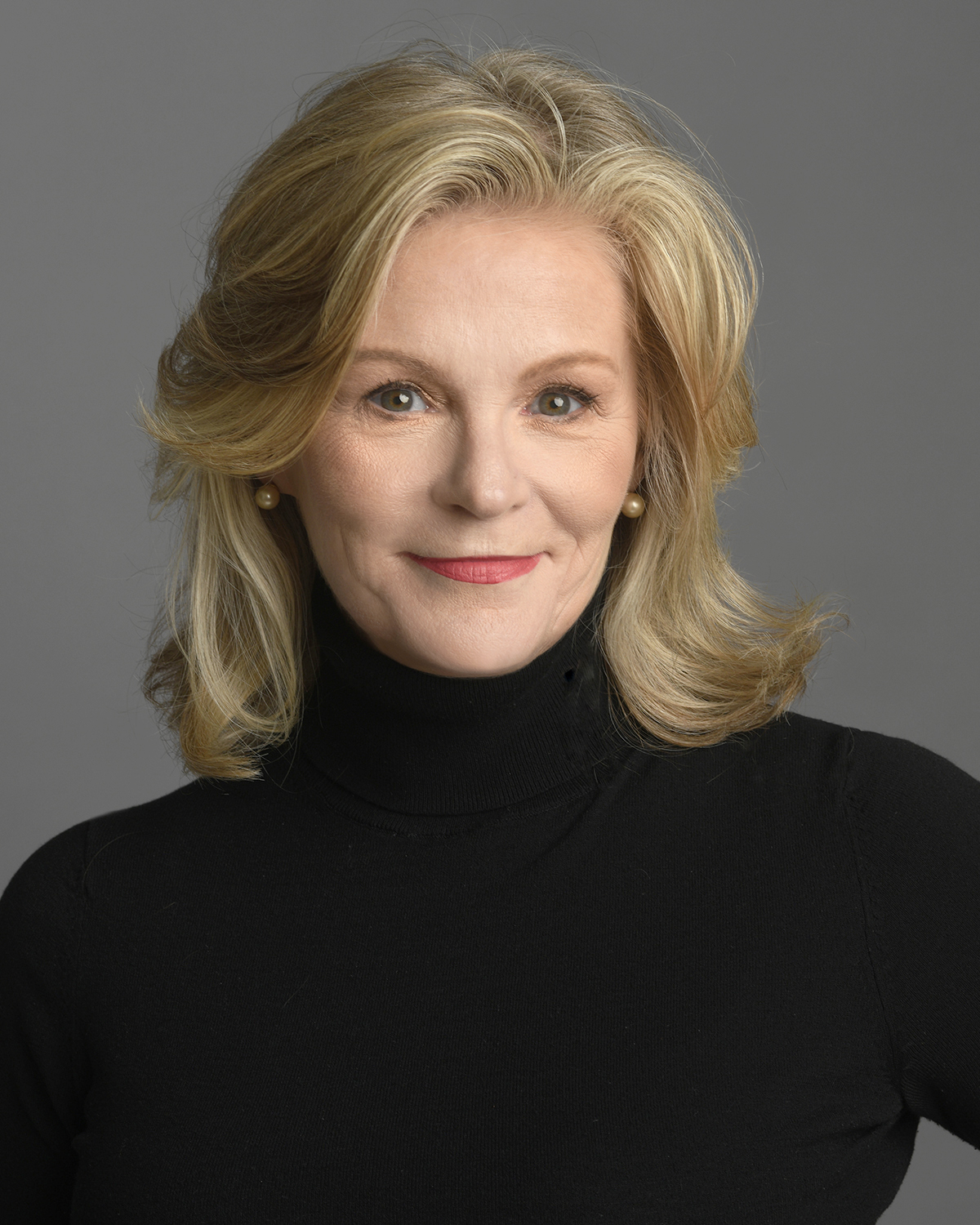 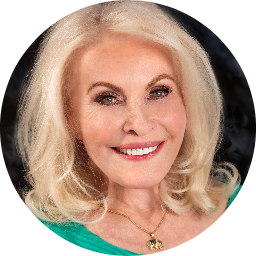 
Presenters: Jacqueline Hudak, Judith Landau, and Shawn Giammettei
Substance use disorder is a relational phenomenon. Yet our field can be stubbornly silent on living with the illness as well as the particulars of living in recovery.
This is a group for those who have personal and/or professional involvement with living in recovery from substance use, co-occurring, or compulsive disorders. Our aim is to share, both personally and professionally, the work of living in recovery. What does this entail for us as clinicians and as family members? We invite you to join us for this connection and exploration.
Murray Bowen: The Man & the Theory
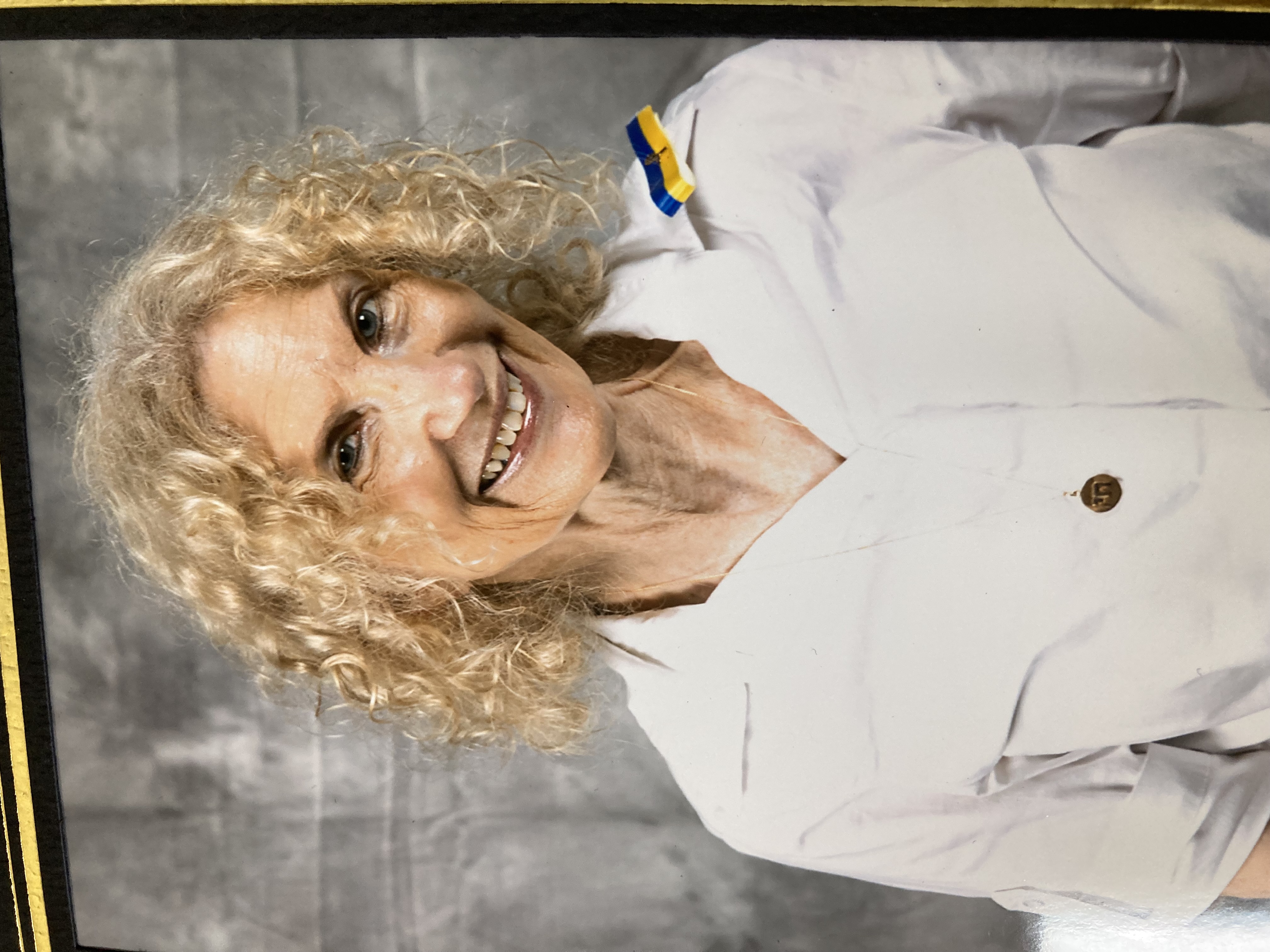
Presenter: Sally Eisen Miller
This interest group commenced at the New Orleans AFTA meeting, 2009 where Dr. Judy Bowen, Dr. Bowen's niece painted a picture of what it was like growing up as a member of the extended family and her uncle's influence in her becoming a psychiatrist. A discussion occurred which helped clarify facts from fiction in the field. Continuing with this focus over the years, invited guests have been present who studied with Dr. Bowen. They have had different research and clinical interests which provided an enriching conversation. 2024: Murray Bowen: The Man & the Theory will feature Kent Webb, LCSW, Denver family psychotherapist and leadership consultant, who has a "Practice of Inclusion." For many years, he has had a research interest in male homosexuality and has served on the mayor's LGBTQ Commission. He is vice president and Board member of the Murray Bowen Archives Project. He also runs The Leadership Edge, a unique, cutting edge, science-based leadership development training program which is highly rated by participants as dynamic and transforming.
Integrating Arts, Humanities, and Play into Couple and Family
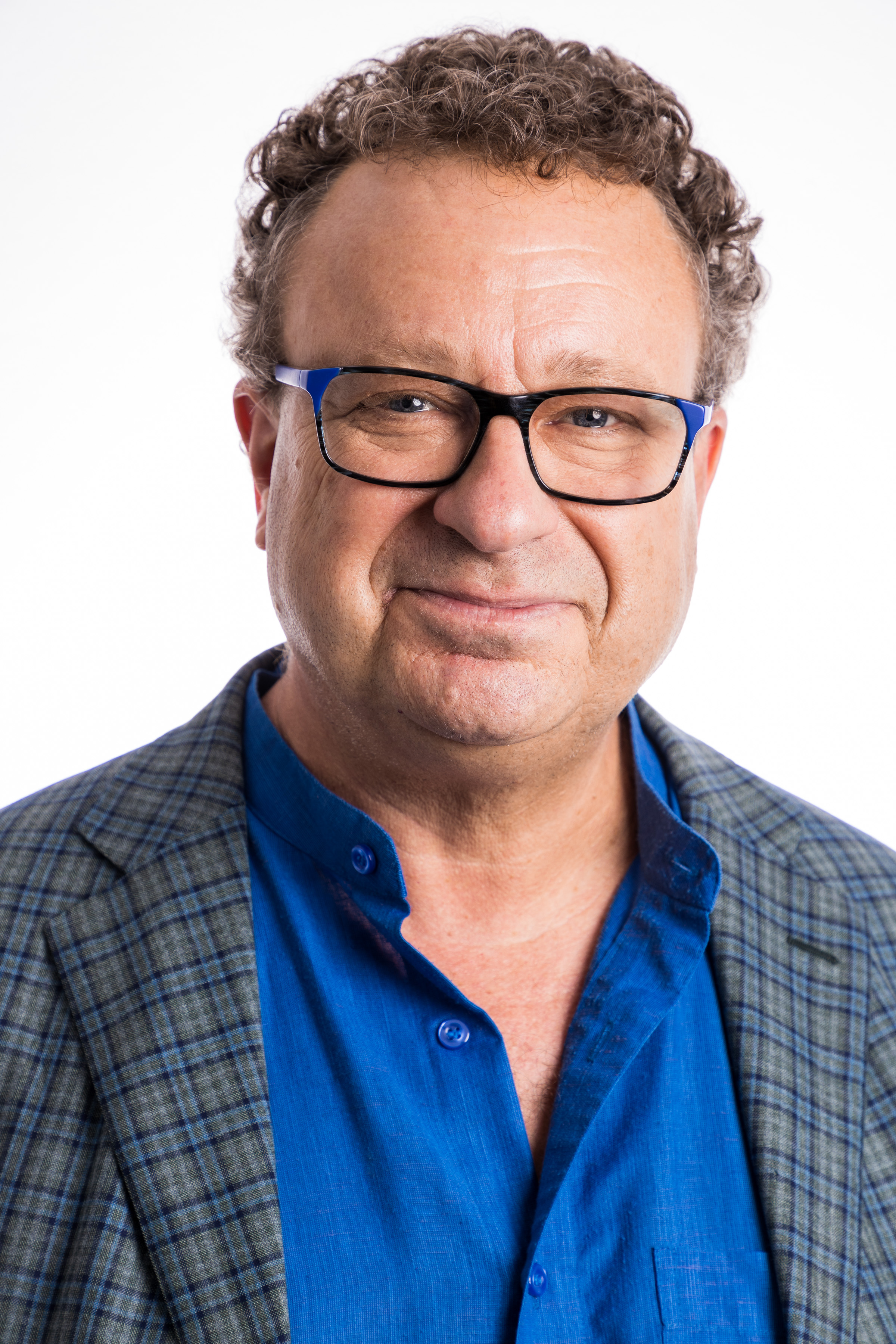 
Presenters: Peter Fraenkel and Saliha Bava
In his book Consilience Theory: The Unity of Knowledge, biologist E. O. Wilson proposes that the sciences, the arts, and the humanities represent different but equally valid means of understanding the world, and that each discipline can usefully inform the other. A large body of research, including neuroscience, examines the impact of the arts on emotions, brain states, relationships, and health, both physical and psycho-relational. This interest group will focus on the various ways that therapists can integrate the arts (music, spoken word/rap, visual arts (including painting, sculpture, photography, graphic design, architecture, crafts, dance, theater); the humanities (poetry, literature, philosophy); and creativity in couple and family therapy theory and practice, as well as training, while maintaining a respect for science as the basis for therapeutic intervention. Engaging couples and families in a playful manner that draws on the products of the arts and humanities and that stimulates creativity and spontaneity allows the therapeutic process to break out of stereotypical scripts and increase effectiveness. The founding members of this group have all reflected on, and in some cases, utilized these resources in therapy with couples, families, and communities. Several members have written about their work in this domain. In this first meeting of the group, we will invite attendees to speak about the ideas and practices in integrating the arts, humanities, and creativity in therapy theory and practice.
-
Attendees will be able to list at least three ways in which music, visual arts, dance, or theater have been incorporated into systemic theory and practice
-
Attendees will be able to list at least two ways in which poetry, literature, or philosophy have been incorporated into therapy practice
-
Attendees will be able to list at least three ways that the spirit of creativity can transform the therapeutic encounter
-
Attendees will be able to list at least two ways in which having students of couple and family therapy reflect on their experience of the arts, humanities, and creative endeavors enlarges their therapeutic skill and sensitivity
Family Constellation Work & Trauma
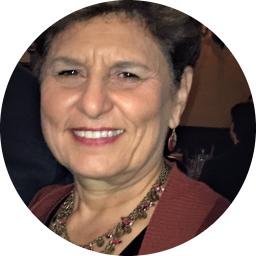
Presenter: Linda Longo-Lockspeiser
Constellation work is a brief, solution focused phenomenological process that makes visible the unconscious dynamics at the root of the client's problem. The process relies on the intuitive, somatic experience of volunteers who serve as representatives in the client's story, as well on systemic principles and the historical facts of the system. They help answer the questions:
- What or who is missing and what needs to be acknowledged?
- What is this symptom trying to manifest, balance or heal?
- In what situation does this symptom make sense?
In widening the lens of the narrative beyond the individual in real time, the client gains new perspectives, often allowing them to release beliefs and responsibilities that are obstacles to their growth and healing, while simultaneously helping them reconnect to their family system in a healthier way. It is especially helpful when the origin of suffering is unacknowledged social issues that affect the collective. The goals of this interest group is to give participants an experience of being a representative in someone else's story and to channel another's energy, to expand their appreciation for the often invisible impact of a legacy of unprocessed transgenerational trauma and loss, and to discuss ways Constellation theories and practices can be used as an adjunct to their own work.
Family Therapy and the Climate Crisis
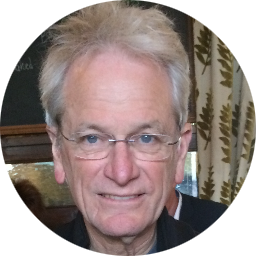 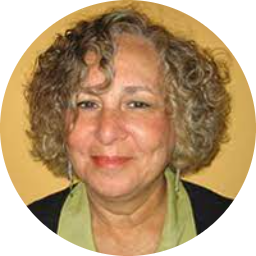
Presenters: Larry Freeman and Hinda Winawer
What makes people not deal with the climate crisis and how can therapist better handle this? Utilizing the insights of a book about this predicament, Don't Even Think About It by George Marshall, we will prepare for the following day’s intense immersion, and issues around the climate crisis, how we in AFTA are affected by it and how it is pertinent to our work. The problem of looking away is one that all of us share, and we need to learn how to resist more effectively with ourselves, our colleagues, and the people who come to us for assistance. We will make an effort to understand better, in itself, how this has been a significant challenge and what lessons can be drawn from that fact.
|









